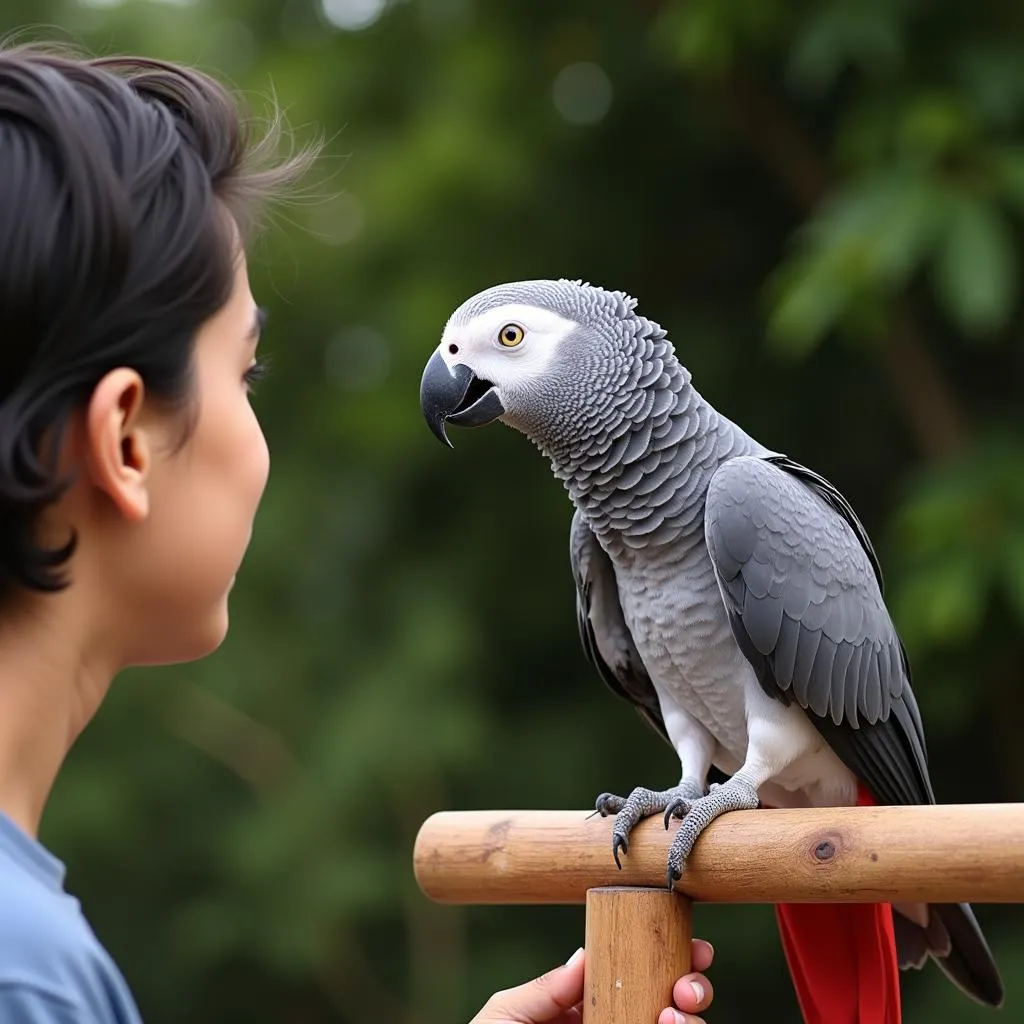Exploring the Vibrant Tapestry of African Indian Culture
African Indian Culture is a captivating blend of traditions, beliefs, and practices that have evolved over centuries, reflecting the rich history of interaction between Africa and India. This unique cultural heritage is a testament to the enduring influence of trade, migration, and cultural exchange between these two vibrant continents. In this article, we delve into the fascinating world of African Indian culture, exploring its origins, traditions, and the enduring impact it has had on the communities it shaped.
The Roots of African Indian Culture: A Story of Interwoven Histories
The story of African Indian culture is deeply intertwined with the history of migration and trade between Africa and India. Over centuries, people from various African regions, primarily from the East African coast, embarked on journeys to India, driven by factors such as trade, seeking opportunities, or fleeing conflict. These individuals, known as the “Siddis,” brought with them their unique cultural practices, languages, and beliefs, which blended with Indian traditions to create a vibrant cultural mosaic.
The Legacy of Trade and Migration
The Swahili Coast, a region along the eastern coast of Africa, was a crucial hub for trade between Africa and India. From the 14th century onward, Arab and Indian traders established close relationships with the Swahili people, engaging in the exchange of goods, ideas, and cultural practices. This trade led to the migration of individuals from both regions, with some settling in India and contributing to the development of African Indian culture.
“The trade routes were like threads that wove together the destinies of Africa and India,” explains Dr. Maya Patel, a renowned historian specializing in African Indian culture. “The exchange of goods and ideas created a space for cultural fusion, leading to the emergence of a new and distinct cultural identity.”
The Distinctive Traits of African Indian Culture
African Indian culture is marked by a rich tapestry of influences that have shaped its unique identity. From language and music to religion and cuisine, the culture reflects the convergence of African and Indian traditions, resulting in a distinctive and captivating cultural expression.
Language and Linguistic Diversity
The language landscape of African Indian culture is a testament to its diverse origins. Siddis, the descendants of East African migrants to India, speak a unique language known as “Siddi,” which is a blend of Swahili and various Indian languages. This language is a powerful symbol of cultural fusion and a living example of the interconnectedness of African and Indian cultures.
Music and Rhythms: A Fusion of Sounds
Music plays a vital role in African Indian culture, serving as a means of expression, celebration, and storytelling. African Indian musical traditions are a unique blend of African rhythms and Indian melodies, creating a captivating sound that reflects the cultural fusion at its heart. Instruments such as the dhol (a double-headed drum), the tabla (a pair of hand drums), and the sitar (a stringed instrument) are commonly used in African Indian music, showcasing the cultural exchange that has shaped this musical tradition.
Religious Syncretism and Spiritual Practices
African Indian culture has embraced a unique form of religious syncretism, incorporating elements from Islam, Hinduism, and traditional African beliefs. Many African Indians practice a form of Islam that incorporates certain African spiritual beliefs and practices, creating a unique religious expression that reflects the cultural fusion of this community.
Cuisine: A Taste of Two Worlds
The cuisine of African Indian culture is a delicious fusion of flavors and ingredients from both Africa and India. Dishes like “Biryani” (a rice dish with meat and spices) and “Samosa” (a fried pastry filled with spiced potatoes and peas) are popular African Indian dishes, reflecting the influences of both continents. African Indian cuisine is a celebration of culinary creativity and a testament to the ability of cultures to harmoniously blend their unique traditions.
Preserving and Celebrating African Indian Culture
In the contemporary world, African Indian culture continues to thrive and evolve, with communities around the globe actively preserving and celebrating their heritage. From music festivals to cultural exchanges, there are many efforts to ensure that the rich traditions of African Indian culture are passed down to future generations.
The Importance of Cultural Heritage
“Our culture is not just a set of traditions; it’s our identity,” asserts Ms. Anita Singh, a prominent African Indian cultural activist. “Preserving our cultural heritage is crucial to maintaining our connection to our ancestors and to honoring the journey of our people.”
The Enduring Legacy of African Indian Culture
African Indian culture stands as a powerful example of how cultural fusion can create something new, vibrant, and lasting. The cultural exchange between Africa and India has given birth to a unique cultural heritage that continues to inspire and captivate people around the world. The stories, traditions, and practices of African Indian culture serve as a powerful reminder of the connectivity of cultures and the lasting impact of human interaction.
FAQ
What is the origin of African Indian culture?
African Indian culture emerged from the centuries-long interaction between Africa and India, driven by trade, migration, and cultural exchange.
What are some of the distinctive features of African Indian culture?
African Indian culture is characterized by a unique blend of African and Indian influences, evident in its language, music, religion, cuisine, and cultural practices.
How is African Indian culture preserved and celebrated?
African Indian communities around the globe actively preserve and celebrate their heritage through music festivals, cultural exchanges, and other initiatives aimed at ensuring that the traditions are passed down to future generations.
What is the significance of African Indian culture in the contemporary world?
African Indian culture serves as a powerful reminder of the interconnectedness of cultures and the enduring legacy of human interaction, showcasing the beauty and richness that can emerge from cultural fusion.
What are some examples of African Indian cultural expressions?
Examples include the Siddi language, the vibrant rhythms of African Indian music, the unique religious syncretism, and the delectable fusion cuisine that blends African and Indian flavors.

